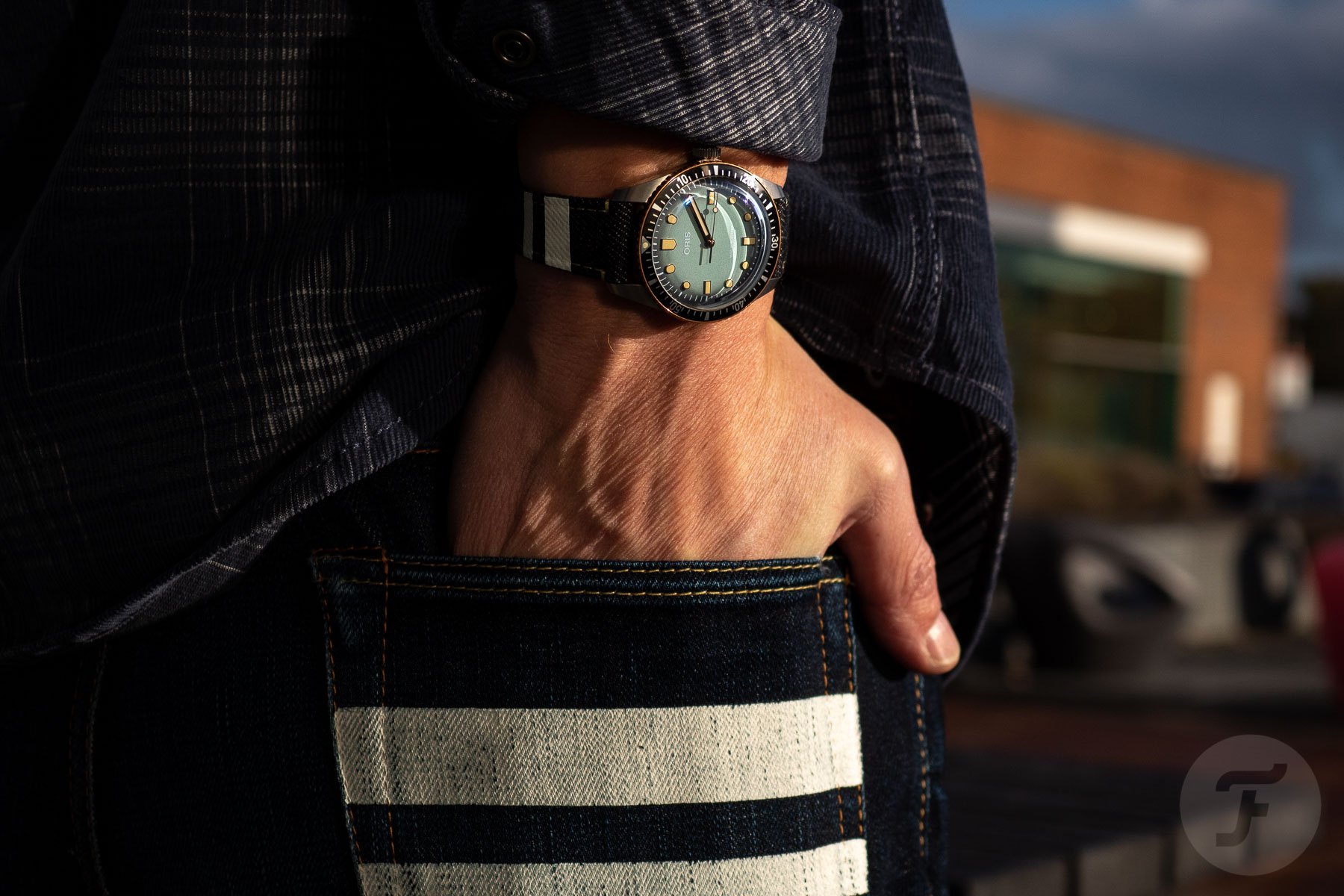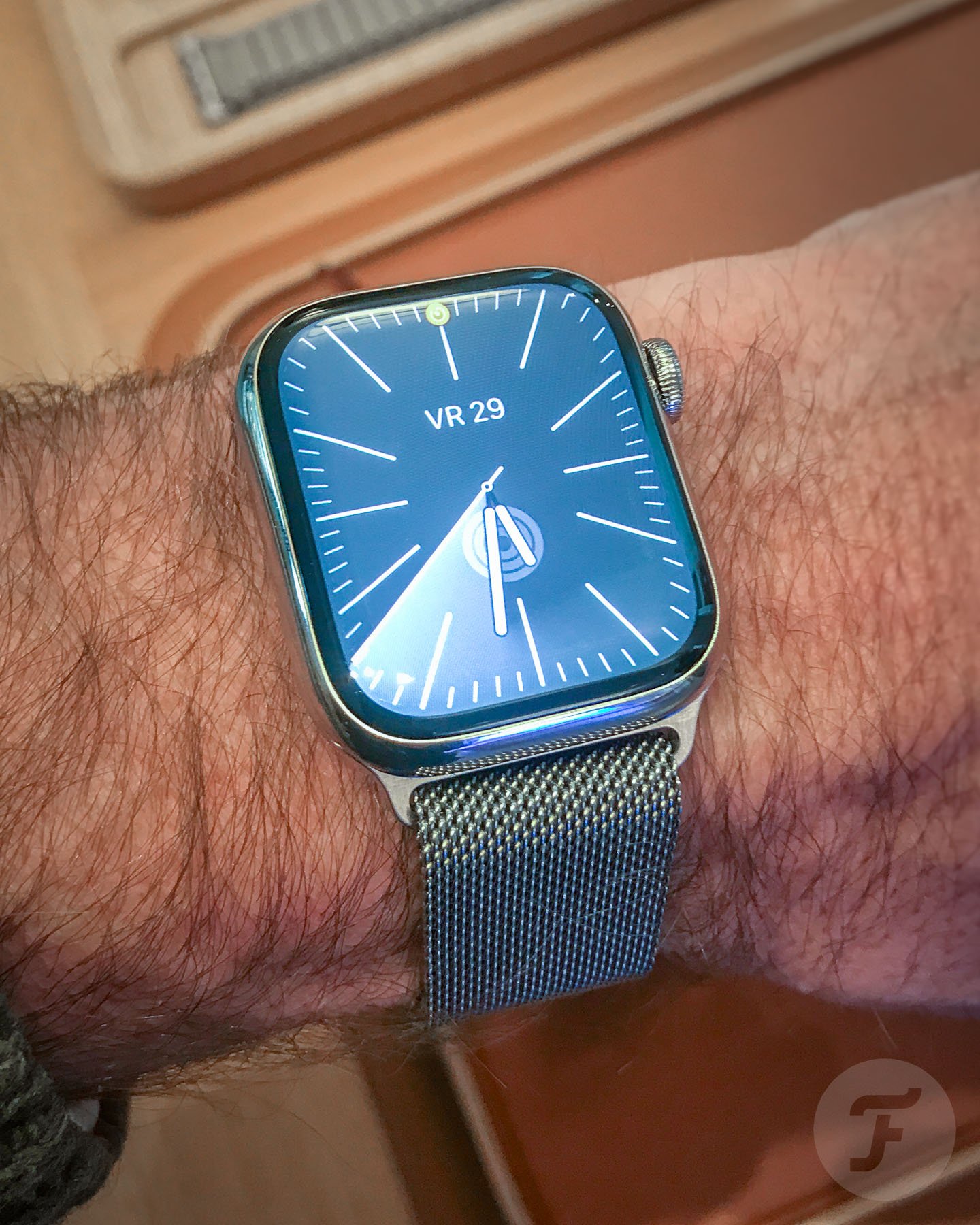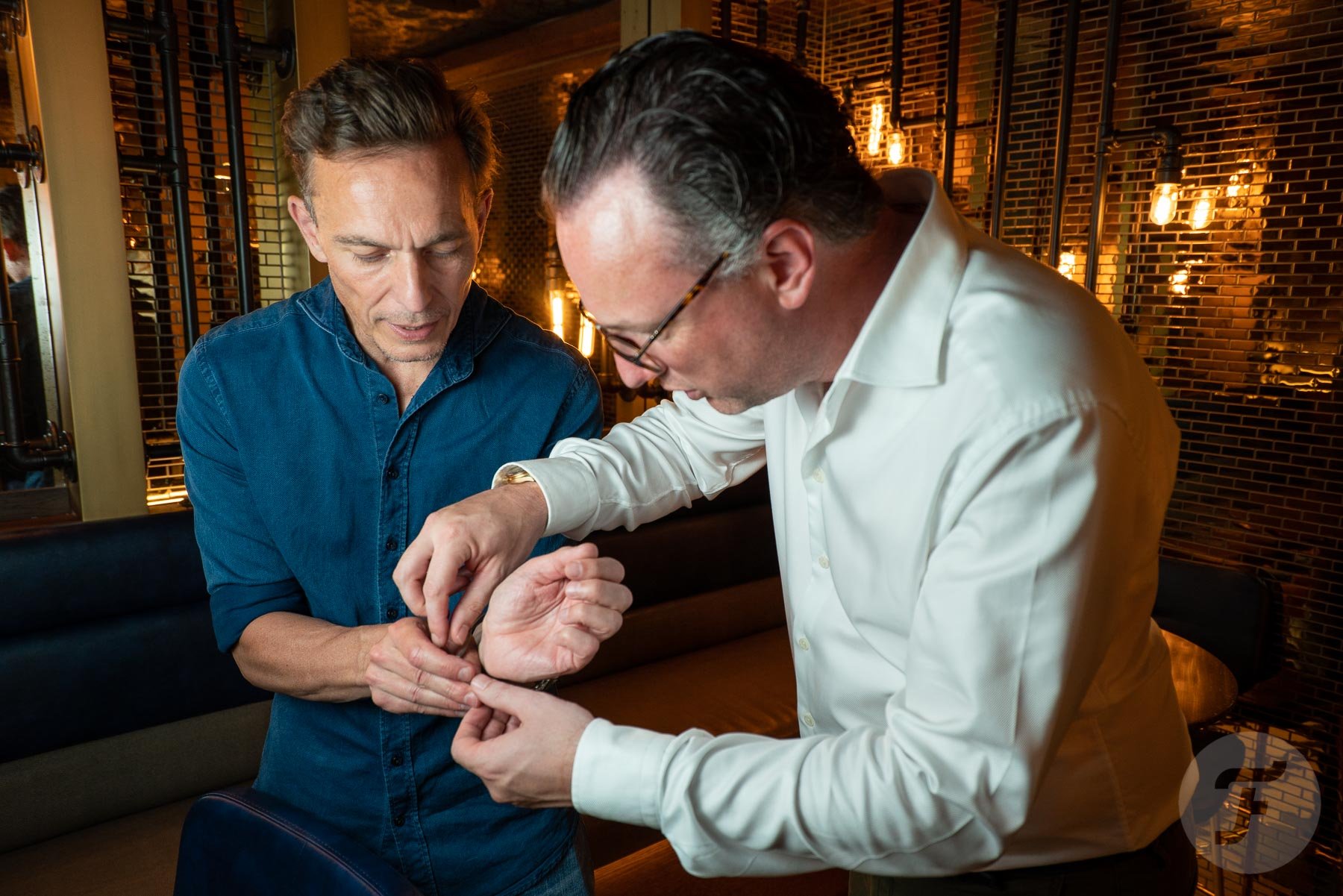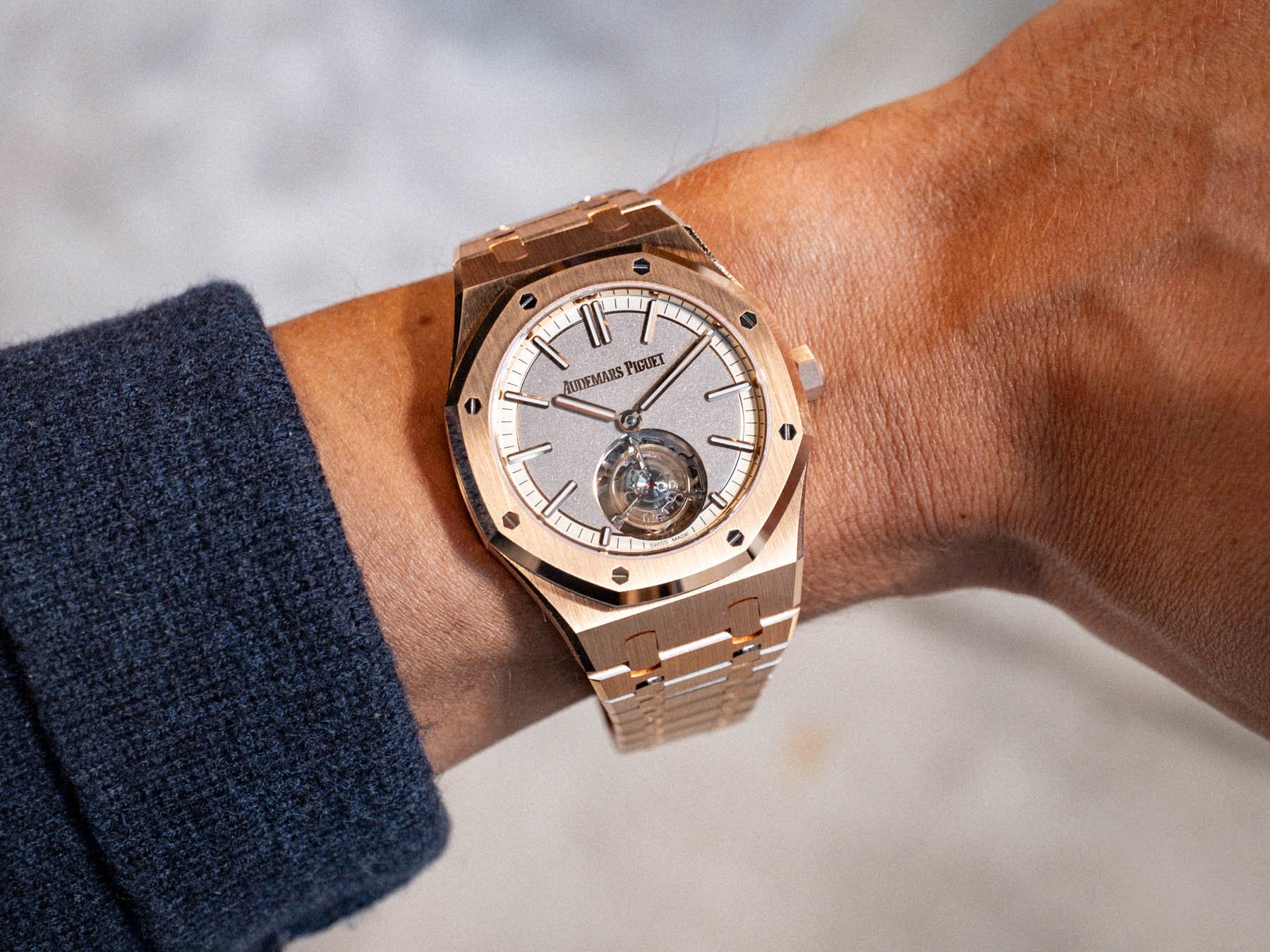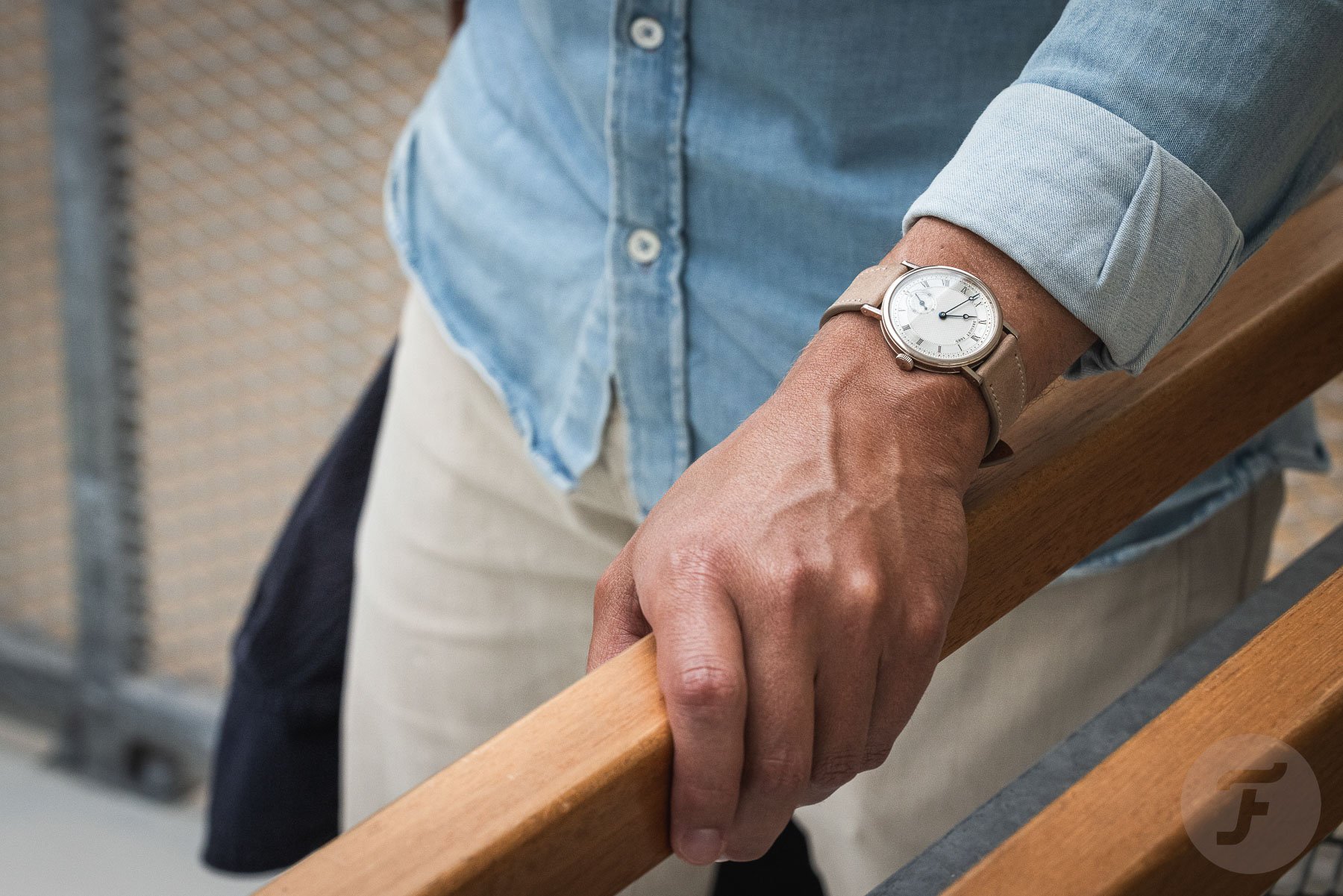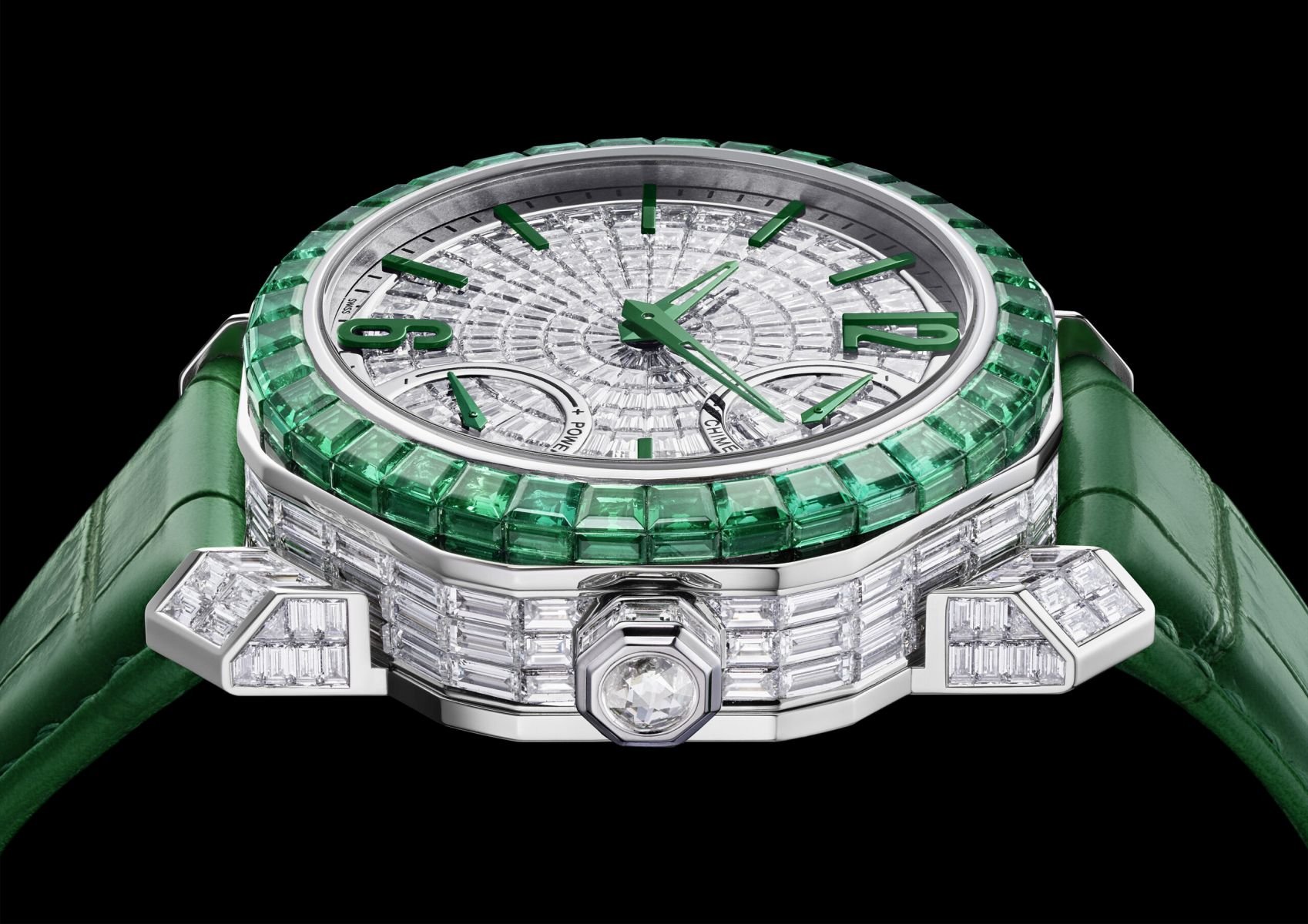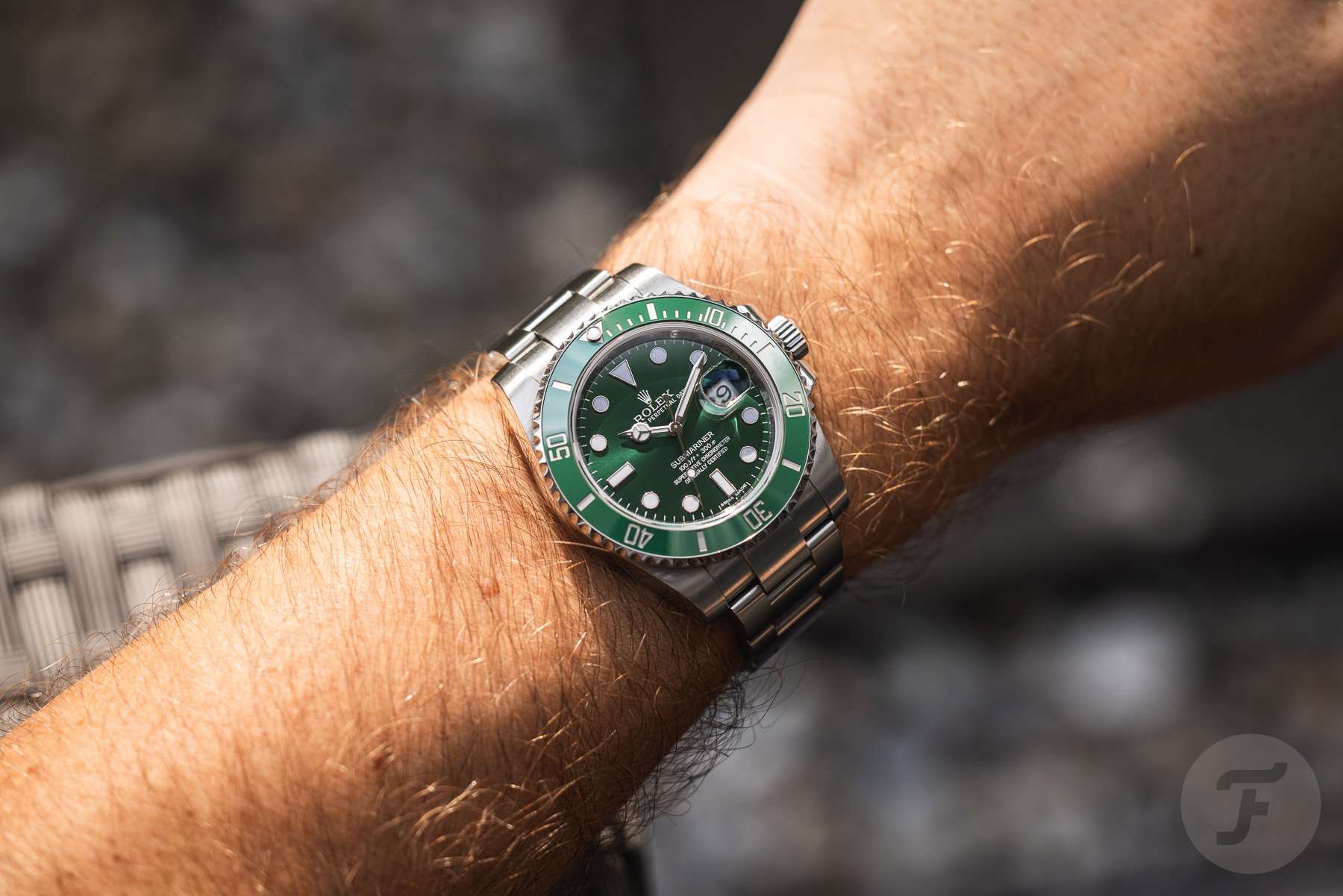Back To Basics: Is There Such A Thing As Watch Etiquette?
We are back with another installment of Back to Basics, the series aimed at newcomers to our beloved hobby. This time, we focus on watch etiquette. What are the rules of engagement when it comes to watches?
Of course, you can do whatever you like. Rules are there to be broken, right? Still, it is worth contemplating what is considered bon-ton and what is deemed a faux pas. I say “contemplating” rather than “knowing” because these are highly subjective. Therefore, I invite you to comment on this article whether you are indeed a newcomer or a seasoned enthusiast. What do you consider classy/appropriate behavior when it comes to watches? There are no wrong answers.
The etiquette of matching watches and apparel
To my surprise, the watch and fashion worlds are quite separate. I dwell in denim lovers’ circles, for instance. These people obsess over stitching techniques, sanforization, selvage (selvedge) IDs, and style. They spend hundreds of euros on a pair of jeans. They will pair them with similarly costly and well-made shirts, jackets, and boots. However, more often than not, their watches don’t undergo the same scrutiny. This surprises me. These guys and gals clearly appreciate aesthetics, craftsmanship, and materials. Why not watches?
There is really just one traditional rule regarding watches in the fashion world. This rule is not to wear any watch with black-tie attire. You can expand this to no sports watches with suits. However, the lines get blurry with casual apparel taking over, even in business settings. In my home country of the Netherlands, many office dwellers wear jeans, a dress shirt, suede/leather shoes, or even sneakers. Of course, this turns watch choice into something rather arbitrary.
I cannot turn on the TV without seeing politicians suited up and smartwatches poking out from under their sleeves. This is more of a personal pet peeve than formal etiquette, but it is a big no-go for me. It makes suits look out of place as if they just threw them on because they had to, but they don’t truly own the style. In my book, a watch should reflect your personality and style. Like the clothes you wear, it is an expression of your taste and character.
The etiquette of talking to a watch enthusiast
As a newcomer to the watch hobby, talking to experienced collectors and aficionados can be fantastic. It is always fun to exchange knowledge and opinions and learn from each other. However, there are two questions that I would advise you to steer clear of.
The first is: is that real? Any watch enthusiast worthy of the name enjoys watches for their quality, feel, aesthetics, and craftsmanship. Of course, history, storytelling, and social status might play a role too. But true enthusiasts, even on a budget, would never wear a fake watch. I would wear a €20 Casio for the rest of my life before I’d wear a replica. It is a matter of principle that fares a little too far to go into here. So, if you feel you have to ask, you are probably not talking to an actual enthusiast.
The second is: how much does that cost? Granted, this is culture-dependent. In some cultures, talking about money is a faux pas in general. In others, it is completely normal. However, it can put a watch owner on the spot, especially in social situations. It is safe to assume watch enthusiasts spend a little more than is sensible, and many aren’t too keen on admitting it. Unless you are very amicable with your conversation partner, it is probably advisable to steer clear.
The etiquette of wearing recognizably expensive watches
Fratello’s founder RJ covered part of this topic in a very popular article some time ago. He wondered if it was okay to wear an expensive watch to the office. He made some great points about context. For instance, if you are new to the job, you may not want to walk into your new office sporting an unmistakably expensive watch. Similarly, flaunting an expensive watch may not be smart if you are in sales. Doing so might make it harder to negotiate a good deal.
RJ also made the important distinction of recognizability. Remember that the general public only identifies a handful of iconic watches as expensive. I doubt hardly anyone will be offended by a white gold Breguet Classique. A rose gold Royal Oak, on the other hand, may send a strong message.
This is highly subjective, though. Some might find flaunting wealth distasteful in any situation, while others do not. That is not what today’s article is about. Again, you can do as you please. However, it may be smart to consider what message you send. The number of comments under RJ’s article confirms that the topic triggers differing opinions. All I would suggest is to be conscious of it.
Should we care?
This naturally brings us to the question: should we care about etiquette? There are no real rules, and much of the topic is up for interpretation and debate. Ultimately, how you approach the topic probably says something about your personality — or maybe I should say your personality influences it.
Not too long ago, I was at a club with a friend when we ran into another friend of his. My friend introduced us and said, “You are both into watches.” The guy shoved a brand-new Rolex under my nose and loudly proclaimed, “Paid like 15K for this, man!” Sure enough, he proceeded to draw all sorts of the wrong attention, almost getting into a fight and making nothing but rude comments to everyone around. You can tell this guy about watch etiquette, but in a sense, his watch etiquette perfectly reflected his personality. We did not become friends, as you may have guessed.
As always with Back to Basics, I am very curious to hear from you. What etiquette do you consider with your watches? Do you ever think about it, or is it a complete non-issue? And do you have any specific behaviors you appreciate or dislike in other watch enthusiasts? Let us know in the comments below!

